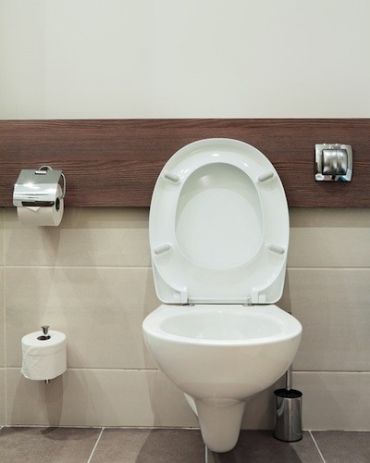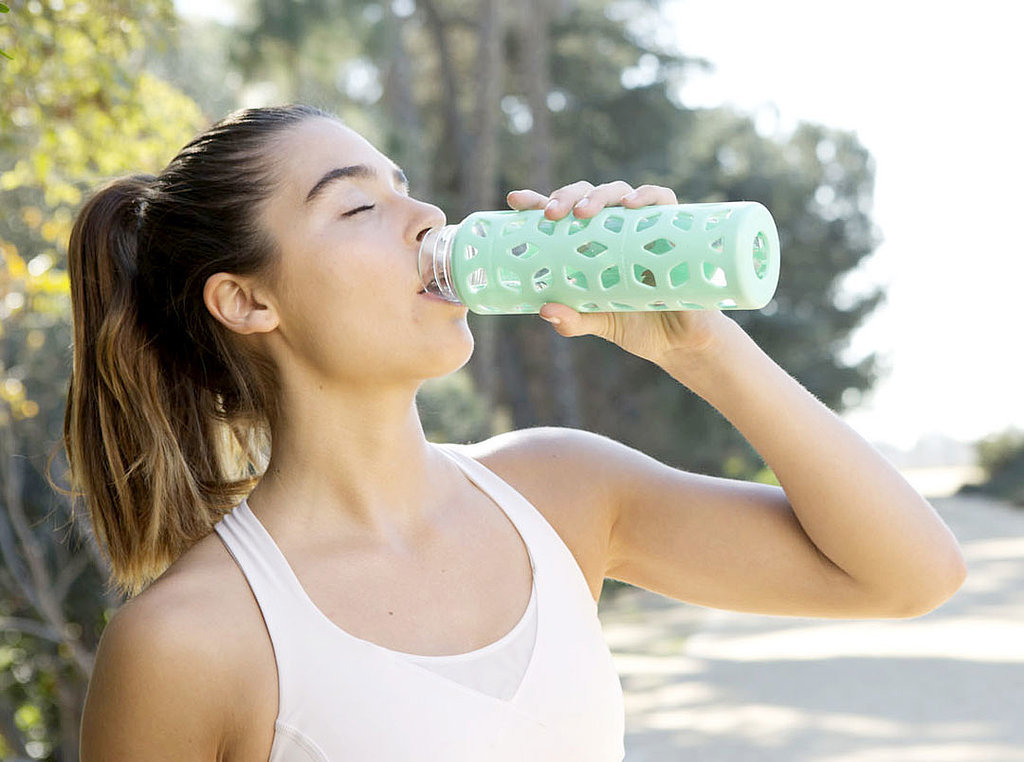Vital Info to Understanding the Process of Rehydration

Small Doses

The body absorbs water better when it is introduced steadily over time. Drinking a gallon of water after spending a day in the hot sun is going to lead to more waste and potentially overwhelm systems in the body. This particularly true when it comes to the kidneys. Some people suggest that kidneys should be processing anywhere between 12-18 ounces of water per hour.
I don’t know if this is true or not, but introducing too much water in the system at once can cause it to go into overdrive, which can actually lead to kidney damage or even renal failure in some extreme cases. The digestive system can also be thrown into chaos if too much water is ingested at one time after dehydration.
The best thing to do is to provide a steady supply of water that is consumed over time in order to allow the body to properly re-absorb fluids. Otherwise, you may end up doing more harm than good while also wasting most of the excess water through urination.
Sports Drinks
Sports drinks contain additives that are intended to replenish minerals and other nutrients that get lost through sweat. However, many of them are also designed to make you thirsty so that you buy and drink more of their products. Drinking a quart over the period of an hour is all you need to give the body an initial jolt back into rehydration. Compliment additional fluid intake with water.
You can also make your own by mixing ½ teaspoon of salt with 6 teaspoons of sugar for every quart of water. This will help the body to replace fluid that has been lost between and within cells.
How Water is Lost

The best way to understand how to rehydrate the body is to see how it releases fluids in the first place. The first way that the body produces water for sweat is by excreting it from the blood. In fact, blood volume can decrease up to 25% during periods of exertion. The body then releases water from spaces between cells to offset this reduction and provide additional fluid for sweat. Finally, the body will release water that is within cells if necessary. This is also where most of the water in the body is stored.
As you rehydrate yourself, the reverse happens. The blood gets more water, then supplies are replenished in the spaces between cells before cells themselves get rehydrated. While you will feel the effects of rehydration almost immediately, it can take hours for water to re-enter cells and levels to reach equilibrium. Consequently, if you gulp a lot of water in one sitting, it may help to satisfy the need to replenish fluids in the blood and around cells, but fail to replenish fluid loss within cells.
This is where the sugar/salt mixture comes in to play. This helps to unlock the membranes around cells so that water gets reabsorbed. However, it takes time. So, even if you feel better and begin to perk up after being dehydrated, your cells will still be in the process of recharging depleted supplies long after you start drinking again.
Urine is Misleading

The color of your urine can be a good indicator of when you are getting dehydrated as it gets darker when the body conserves water. However, clear urine during rehydration is not necessarily an indicator that supplies have been replenished. Frequent urination is not necessarily an indicator that your water levels are optimal after dehydration as well.
Remember that the body can only process so much water at any given point in time. Any excess is removed through urination, and you can lose a lot of water before it is absorbed properly. Think of how anti-freeze or coolant overflows from a radiator if you pour too much in at once. It takes time for the water to enter the system and fill the internal chambers. This is why the only way to really fill a radiator is to pour in fluid slowly. The same happens with our bodies. Frequent urination that appears clear may simply be a sign that you’re overflowing as opposed to absorbing water.
Keep Cool

One of the best things that you can do to properly rehydrate yourself is to rest, remove excess clothing, take a shower and stay out of the heat. This will reduce stress on the body, minimize continual sweating and allow the water that you are ingesting to properly work its way through the system.
Under normal circumstances, adults should be drinking between 8-10 glasses of water per day. This can double or even triple when under periods of extreme exertion or exposure to high heat or intense sunlight. However, it’s important to drink consistently throughout the day in order to maximize the body’s ability to reabsorb water.

Get into a cooler place, relax, and drink a couple of glasses of water per hour throughout the day in order to maximize the effectiveness of your rehydration efforts. Remember that you may feel less thirsty, your eyes will be moist again, your nose will not feel dry and you will perk up after drinking a glass or two of water when you are dehydrated. However, the body still needs time for water to work its way through the system and replenish depleted supplies.
